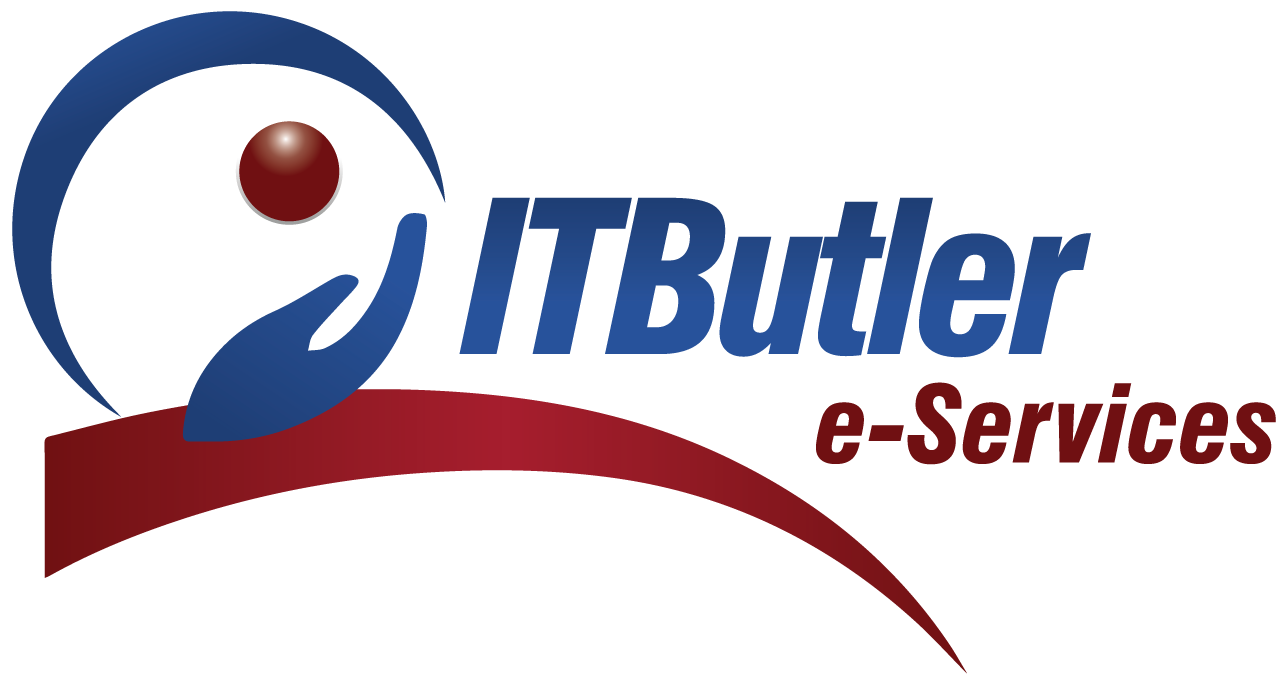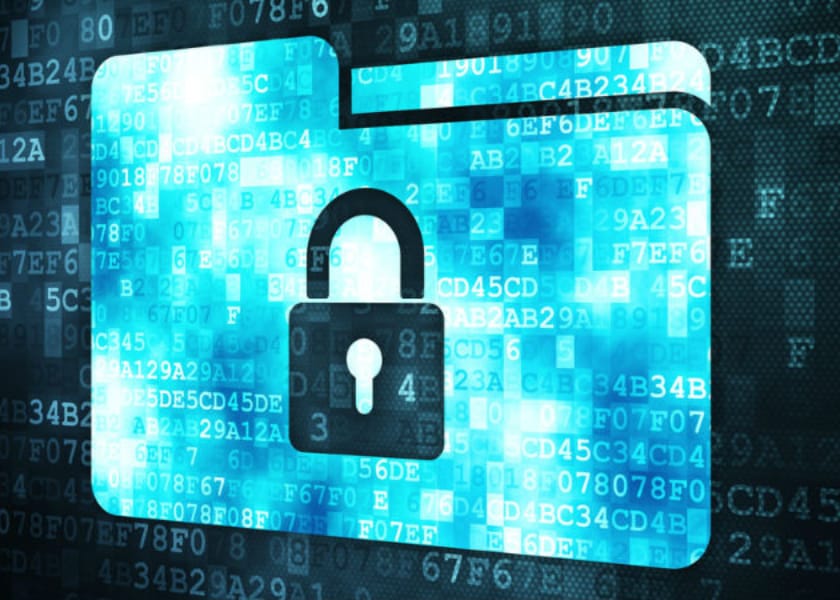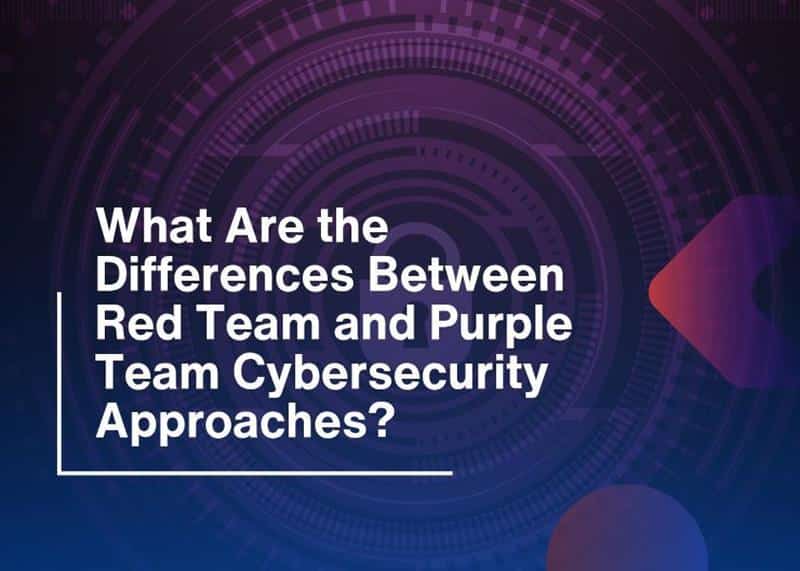During this period of development, data is not just information, it’s power. From online banking and healthcare to national security and smart cities, every digital interaction generates data. Naturally, the need to safeguard this valuable resource has become more important than ever. That’s exactly where SDAIA (Saudi Data and Artificial Intelligence Authority) comes in. As the key driver of data protection in Saudi Arabia, SDAIA is building robust frameworks to ensure that citizens’ data is secure, well-governed, and ethically used.
Additionally, with the Kingdom rapidly advancing toward Vision 2030, data privacy and governance are no longer optional; they are essential. Let’s explore how SDAIA is transforming data protection in Saudi standards through forward-thinking policies, technology, and strategic regulation.
Understanding Data Protection in Saudi Arabia by SADAIA
To begin, it is useful to know SDAIA’s fundamental role. So, if we set up in 2019, SDAIA seeks to make Saudi Arabia a global leader when it comes to data and artificial intelligence. But aside from AI development, SDAIA monitors data governance, privacy, compliance, and regulation across sectors. However, its mission is rather straightforward, but it does sound strong: to extract the value in data without offending individuals. This balance between innovation on one hand and protection on the other creates a unique approach to be adopted by SDAIA.
Saudi indication of how SDAIA Formulates Data Protection
What, therefore, is SDAIA doing to bolster data protection across the Kingdom?
1. Enforcing SDAIA Data Regulation Frameworks
First, SDAIA has incorporated a wide range of rules and regulations on how organizations are to collect, process, store, and distribute data. These frameworks are governed under the SDAIA data regulation and target both public and private bodies. Further, these rules conform to the world’s best practices, making Saudi Arabia globally competitive. Some key components include:
- Firstly, demanding that organizations seek consent before using personal data
- Then, extracting data collections for a given period
- Putting in place security mechanisms such as encryption and access controls
Consequently, businesses have now been tasked with designating privacy into their systems at the ground level, a phenomenon referred to as ‘privacy by design.
2. Institutionalizing the National Data Management Office (NDMO)
SDAIA also ensures the National Data Management Office functions as the policy and standard authority in the Kingdom. In addition, the NDMO regularly produces governance frameworks and data classification guides that assist organizations in determining how they manage sensitive information responsibly.
With such efforts, Saudi Arabia has prepared a strong ground of data privacy KSA regulations to guarantee long-term data integrity and trust.
3. Implementing Strict Data Classification Models
Data is not all equal. Certain types (medical records, financial information, etc.) require greater protection. Additionally, SDAIA’s classification models enable organizations to know the sensitivity of their data and the right safeguards to put in place. This will be useful especially in sectors such as:
- Healthcare: Patient data must remain confidential
- Finance: Transaction data must be tamper-proof
- Government: Citizen records should be safe and traceable.
Through proper grouping of the data, SDAIA maintains that data security of Saudi systems is scalable, reliable & compliant.
Data Privacy KSA: Citizens at the Center
SDAIA’s efforts aren’t just technical, they’re also deeply people-focused. Through a national lens, data privacy in KSA is treated as a fundamental right. SDAIA has launched multiple awareness campaigns, encouraging individuals to understand their digital rights and take control over their personal information. Here’s how SDAIA is putting citizens first:
- Transparent consent mechanisms: Users know what data is being collected and why
- Right to access and correct data: Individuals can view and modify their records
- Complaint handling systems: People can report misuse of data directly
This citizen-centric approach ensures that data privacy KSA isn’t just a policy—it’s a practice embedded into everyday life.
Technology-Driven Enforcement: Real-Time Data Audits
Of course, having rules is one thing, but enforcing them is another. Thankfully, SDAIA uses automated auditing systems and AI-powered monitoring tools to track compliance in real time. These systems alert authorities when they detect irregular data usage, unauthorized access, or policy violations. In other words, data protection in Saudi efforts are no longer reactive—they’re proactive.

Supporting Smart Cities with Data Governance
As Saudi Arabia builds futuristic smart cities like NEOM and The Line, data governance becomes even more critical. These cities rely heavily on sensors, IoT devices, and real-time data flows. Therefore, SDAIA ensures that all collected data is:
- Used ethically
- Shared responsibly
- Protected continuously
By embedding governance into the very infrastructure of smart cities, SDAIA prevents risks before they even arise.
Aligning with Vision 2030 and Global Standards
Data governance isn’t happening in isolation. Everything SDAIA does aligns with Saudi Arabia’s Vision 2030, a national plan to diversify the economy and build a digital-first society. Moreover, SDAIA data regulation adheres to international frameworks such as:
- GDPR (General Data Protection Regulation)
- ISO 27001 (Information Security Management)
- OECD Data Governance Principles
This alignment makes it easier for global companies to operate in Saudi Arabia without worrying about regulatory conflicts.
Ongoing Challenges in Data Privacy KSA
Even with all this progress, challenges remain. For example:
- Balancing innovation with restriction: Too many rules can slow down innovation
- Educating small businesses: Many still struggle to meet compliance standards
- Data sovereignty concerns: Where should Saudi citizens’ data physically reside?
Fortunately, SDAIA is tackling these issues head-on through public consultations, research initiatives, and regional partnerships.
Training the Next Generation of Data Stewards
Finally, SDAIA isn’t just protecting data, it’s also building a future workforce skilled in data ethics, cybersecurity, and governance. Through training programs, certifications, and university partnerships, SDAIA is helping young Saudis become digital leaders.
These programs are essential for long-term sustainability. After all, policies are only as strong as the people enforcing them.
SDAIA’s Contributions to Data Protection in Saudi Arabia
Let’s summarize SDAIA’s impact in a few key points:
- It enforces robust SDAIA data regulation policies to ensure transparency and compliance
- It empowers citizens by protecting individual rights through data privacy KSA laws
- It supports innovation without compromising on security or trust
- It aligns with Vision 2030 and global best practices
- It uses technology to monitor, audit, and enforce policies in real time
Moreover, SDAIA is doing more than just protecting data, it’s shaping the Kingdom’s digital future.
Conclusion
To conclude, data protection in Saudi Arabia is evolving fast, and SDAIA is at the heart of this transformation. Through strong governance, intelligent automation, and citizen-first policies, the authority is making sure that data is used for progress, not exploitation.
As more sectors go digital and as Vision 2030 gains momentum, SDAIA’s role will only grow. The path forward is clear: a secure, ethical, and intelligent Saudi Arabia, where every byte of data is respected, protected, and governed.





